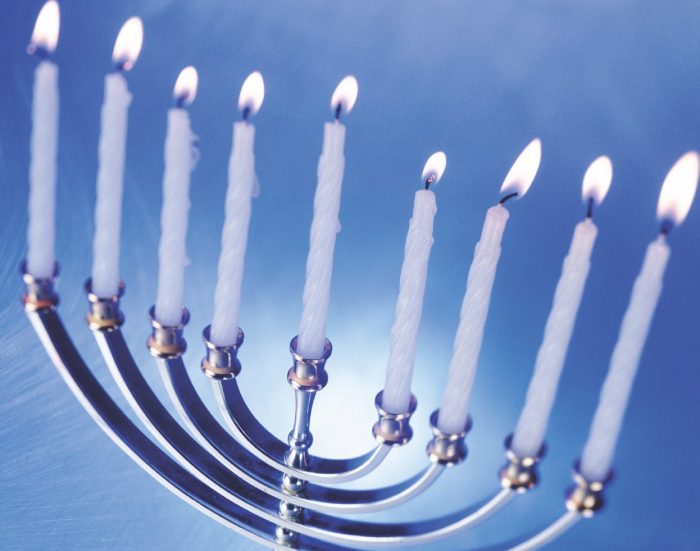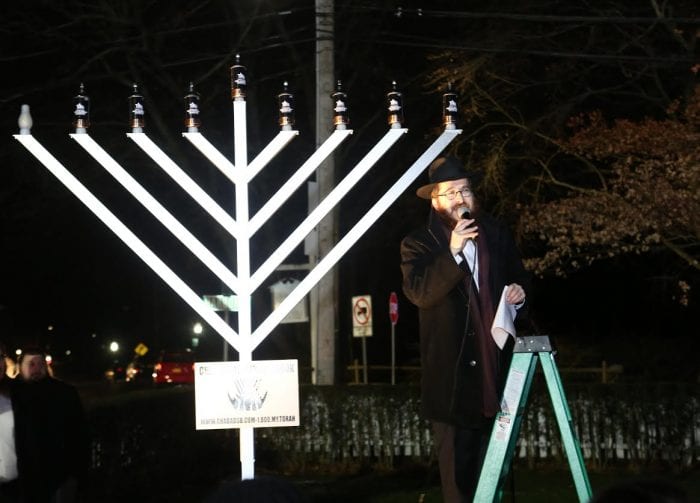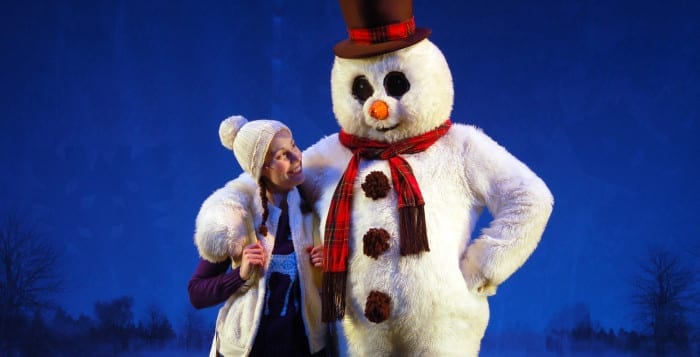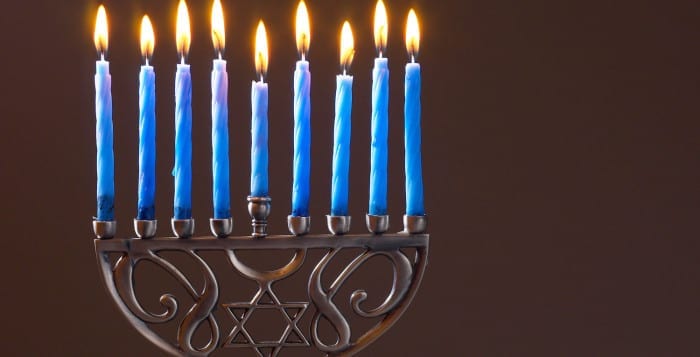By Rabbi Joshua Gray

Chanukah is definitely not the “Jewish Christmas,” but the first of our eight nights does happen to coincide with Christmas day this year!
Did you know that we actually begin celebrating Chanukah on the 25th every year? The 25th day of the Hebrew month of Kislev, that is. Each year, we tell the story of the Syrian-Greek King Antiochus IV, and how his soldiers raided Jerusalem, desecrating the Holy Temple in the process. Antiochus outlawed Judaism and its rituals, and affixed idols and altars upon its holiest spaces.
A famous group of Jews known widely as the Maccabees led the resistance against this tyranny. The story is famous for its underdog component; the small group of Maccabees were able to defeat the large and powerful Syrian-Greek army. The word “Chanukah” means “dedication,” and signifies the rededication of the Holy Temple in Judea (Israel) following these arduous battles. In fact, the Maccabee victory established the first Jewish monarchy to rule in Israel since the Babylonian exile occurred hundred of years prior.
The second Book of Maccabees, a book that exists outside of the Jewish Bible, claimed that the eight days of Chanukah were actually something of a “make-up” festival. Due to the restrictions of Syrian-Greek rule, the Jews had missed being able to celebrate the eight-day festival of Sukkot. The widely-known story of the miraculous oil actually came much later!
Today, Chanukah has transformed from a military story into a more spiritual one. It tells of a miracle wherein one day’s worth of oil, used to light the Temple’s “ner tamid” (eternal light), lasted for eight days. We symbolize this miracle with the lighting of a special kind of menorah called a “Chanukiyah,” which has nine branches as opposed to the seven on a typical menorah.
We also acknowledge our resistance against Hellenization and assimilation, characteristics that have kept the Jewish people for thousands of years. Just as the oil did not burn down against all odds, we celebrate the sustenance and light of our traditions; alive and thriving in the face of so many historical challenges.
While rich with history and tradition for all sensibilities, can we look at Chanukah a bit differently this year? In the midst of so much unrest in the Middle East, and in the wake of a tumultuous election season in our own country, don’t we all need a little bit of light to shine on us and our loved ones and friends? It is a mitzvah (good deed) to display your Chanukiyah in a place where it is easily seen by others. A window is a popular place.
How can we put our own inner lights on display for all to see and feel this holiday season? Can we “rededicate” ourselves to loving our neighbor, accepting our differences, and realizing that our community is so much richer when we approach challenges “b’yachad,” which means “together,” or “as one?”
So, no, Chanukah is not the “Jewish Christmas,” but we do celebrate as one this year! Consider attending a menorah lighting in your community, or reach out to your neighbors who might pray and think a bit differently from you. When we allow our individual lights to shine upon one another, we all benefit from the warmth of a united flame. I wish all of you a healthy and happy holiday season, and as we say in our tradition: Chag Urim Sameach — A Happy Festival of Lights!
The author is the Rabbi at Temple Isaiah in Stony Brook.








